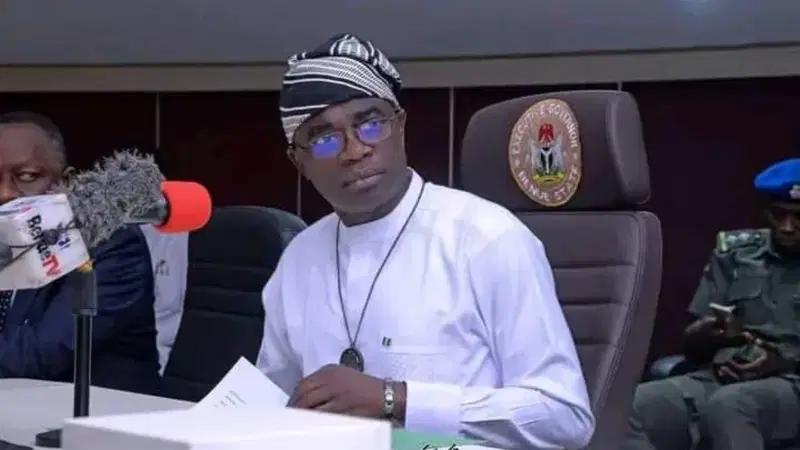Benue State Governor Hyacinth Alia has said that the anti-open grazing law introduced in 2017 by the past administration is not fully effective because it lacks national backing.
Speaking on Sunday through his Chief Press Secretary, Kula Tersoo, the governor responded to criticisms raised by the Benue Advocacy Network concerning ongoing violence in rural areas despite the existence of the law.
According to Tersoo, “The governor has been open with the people about the difficulty in implementing the anti-open grazing law because the enforcement body — the Benue State Community Volunteer Guards — are not authorised to bear sophisticated arms, except licensed firearms.”
He explained that while the local volunteer guards are expected to help enforce the law, they are limited in what they can do because they do not have the same level of weaponry as the armed groups protecting some herders.
“But the challenge is that Fulani herders are often protected by armed militias wielding AK-47 and AK-49 rifles. If even mobile police officers have been killed confronting these militias, how do we expect the unarmed protection guards to enforce the law?” he asked.
Governor Alia also noted that the only way to enforce the anti-open grazing law successfully is to have it adopted nationwide. He believes that a federal policy would allow better cooperation from national security agencies and enable cross-border enforcement.
He raised concerns about herders who easily escape into neighbouring states such as Nasarawa where the law does not apply.
“Imagine when our guards attempt to enforce the law, and the herders simply cross into neighbouring Nasarawa State, where the law doesn’t apply — what can we do?” Alia questioned.
These comments were made following a public statement released by the Benue Advocacy Network, titled ‘Questions Governor Alia Is Yet To Answer’, signed by its president, Enoch Ortese.
Ortese criticised Alia for failing to return internally displaced persons (IDPs) to their villages as promised during his campaign, and instead building more camps.
“Instead of fulfilling his promise to return IDPs to their ancestral homes within his first 100 days, the governor is constructing more camps and tents,” the statement read.
The group also accused the governor of poor transparency in governance, claiming that public contracts are being awarded without proper disclosure, and that no major projects have been completed in two years.
They questioned the status of the 2017 Open Grazing Prohibition and Ranches Establishment Law, asking why it seems ineffective as herders continue to occupy local communities.
Responding to the financial claims, the governor noted that the state’s financial documents are open to the public at the Budget Office. He also said that his administration has paid six of the seven months’ salary arrears inherited from the previous government.










